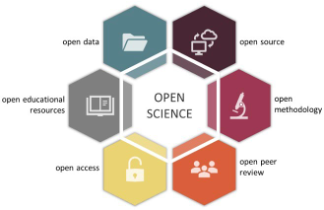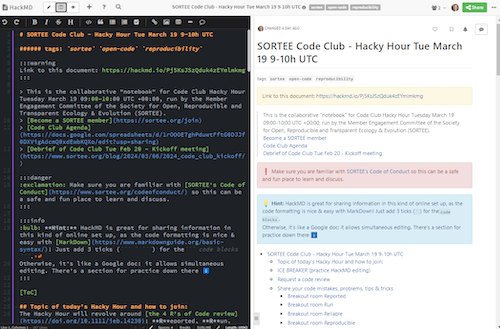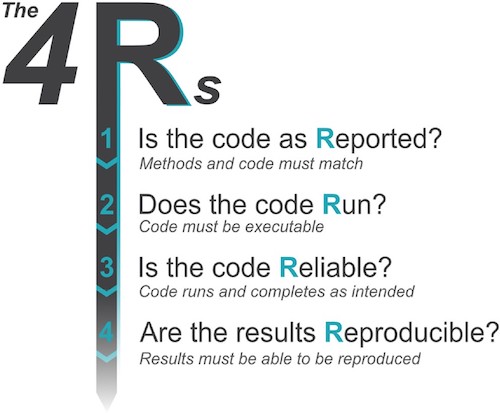Debunking myths around open data
Introduction Scientific research has led to multiple advancements and methodological innovations. However, modern scientists function under constant time pressure to produce a high number of publications and statistically significant results, thus sometimes they resort to questionable research practices. In a survey that examined how widespread these practices are in the field of Ecology and Evolutionary Biology, the majority of participants admitted to having implemented a questionable practice in the past.





